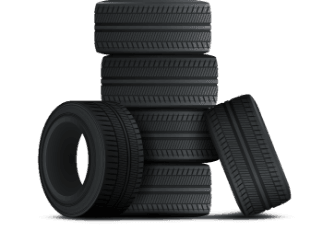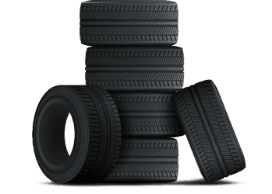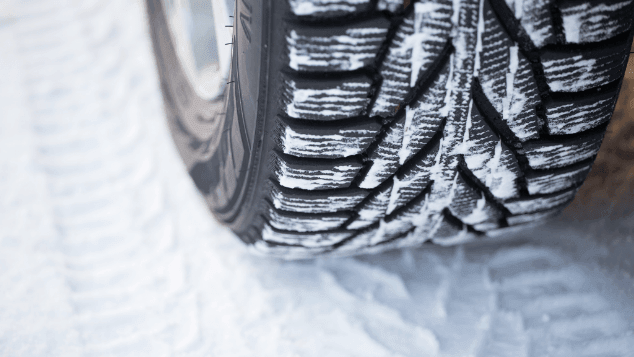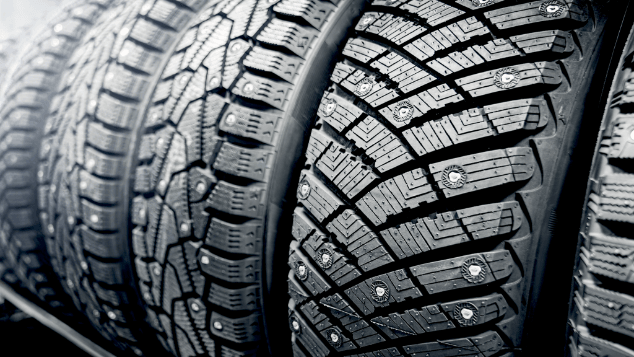Winter Tires vs All Season Tires

Safe Driving - Winter Tires vs All-Season Tires


Every tire is different, from the tread design and compound to the sidewall to the size. Each tire gets the job done, but their design makes them uniquely able to tackle specific challenges. In the winter, this becomes more apparent than ever before. It is important to understand the difference between winter ties and all-season tires before navigating the rain, snow, ice, slush, and freezing temperatures that appear during winter.
Winter Tires
Winter, or snow, tires are designed for prolonged weather conditions involving snow, ice, and slush. The tread compounds used in winter tires are softer, allowing them to stay more flexible in the cold weather. This flexibility improves traction, handling, and control as the temperatures drop below freezing.

Studless Tires
There are two types of winter tires--studless and studded. Studless winter tires look like regular all-season tires but feature tread compounds that remain flexible and tread design that has deeper groves and sharp, irregular edges to help with grip and traction. Studded winter tires also have a similar tread pattern, but they have metal studs embedded within the tread. These pieces of metal are designed to dig into ice, which provides added traction.

Studded Tires
Studded winter tires also have a similar tread pattern, but they have metal studs embedded within the tread. These pieces of metal are designed to dig into ice, which provides added traction.
All-Season Tires
All-season tires are designed to produce a smooth, quiet ride in most conditions. They handle wet and dry pavement well year-round. The tread compound of all-season tires is stiffer, which allows it to withstand hot weather well during the summer months. For a variety of conditions, all-season tires are great.
However, while all-season tires provide some traction in light snow and the occasional winter storm, they are not designed for ice, deep snow, and cold weather when the temperatures stay below freezing for days on end.

Choosing the Right Tires for the Right Weather
For 70% of the year, all-season tires will keep drivers safe on the road. On bare or wet pavement, they provide excellent grip and traction. They even do well in mild winter conditions as long as they are not bare.
However, depending on the type of winter driving that is needed, drivers might want to install a set of snow tires on their vehicle during the winter months. If local roads are not cleaned in a timely fashion, if there are a lot of curvy roads, or if there are mountain passes that need to be traversed, winter tires provide a way to keep drivers in control of their vehicles.
